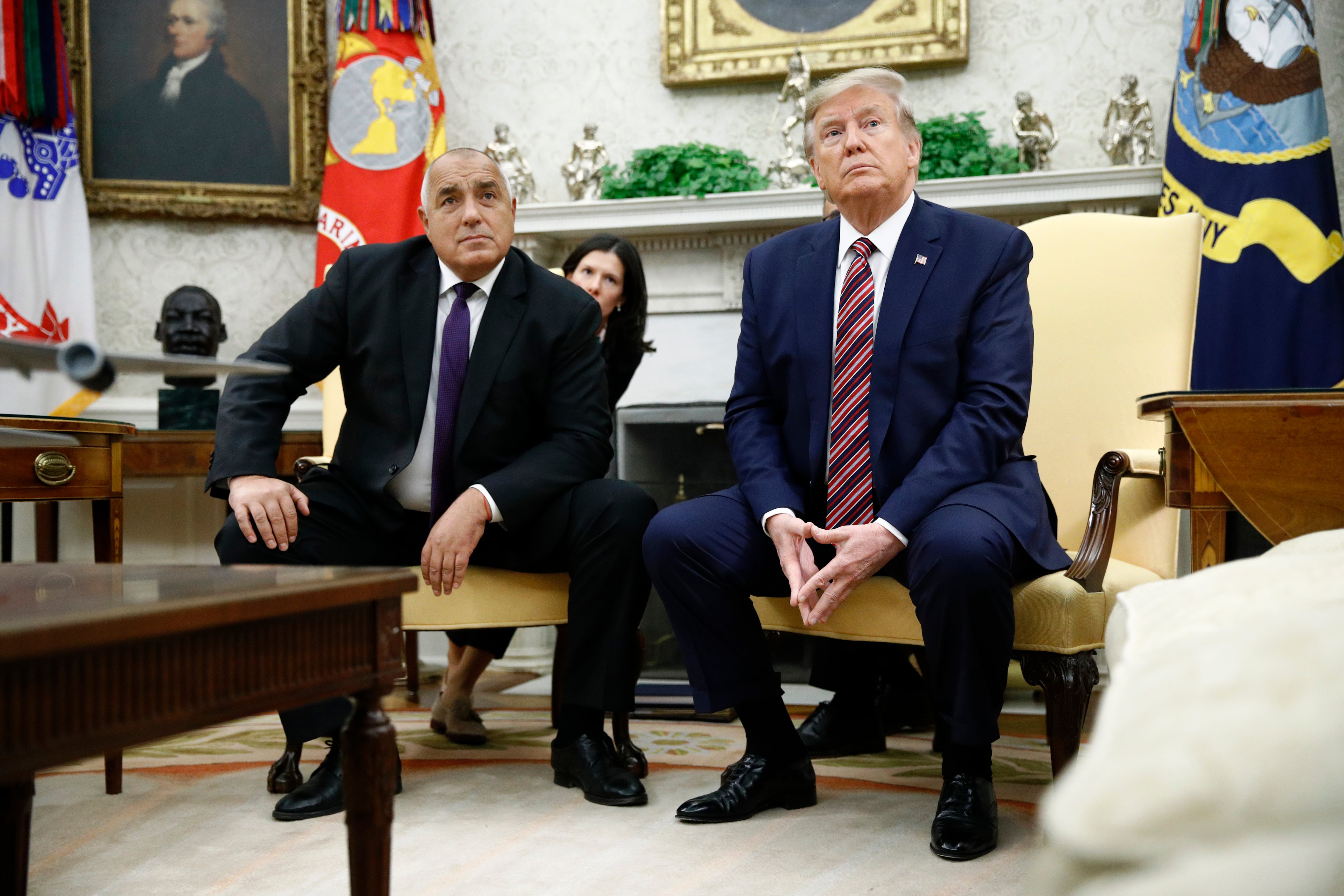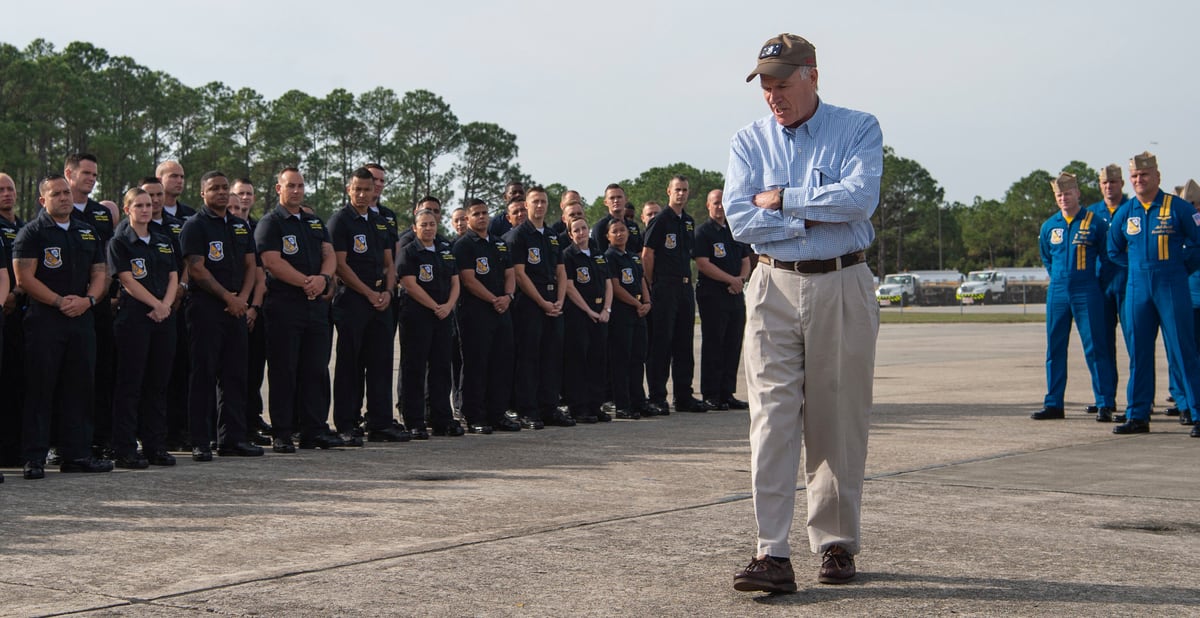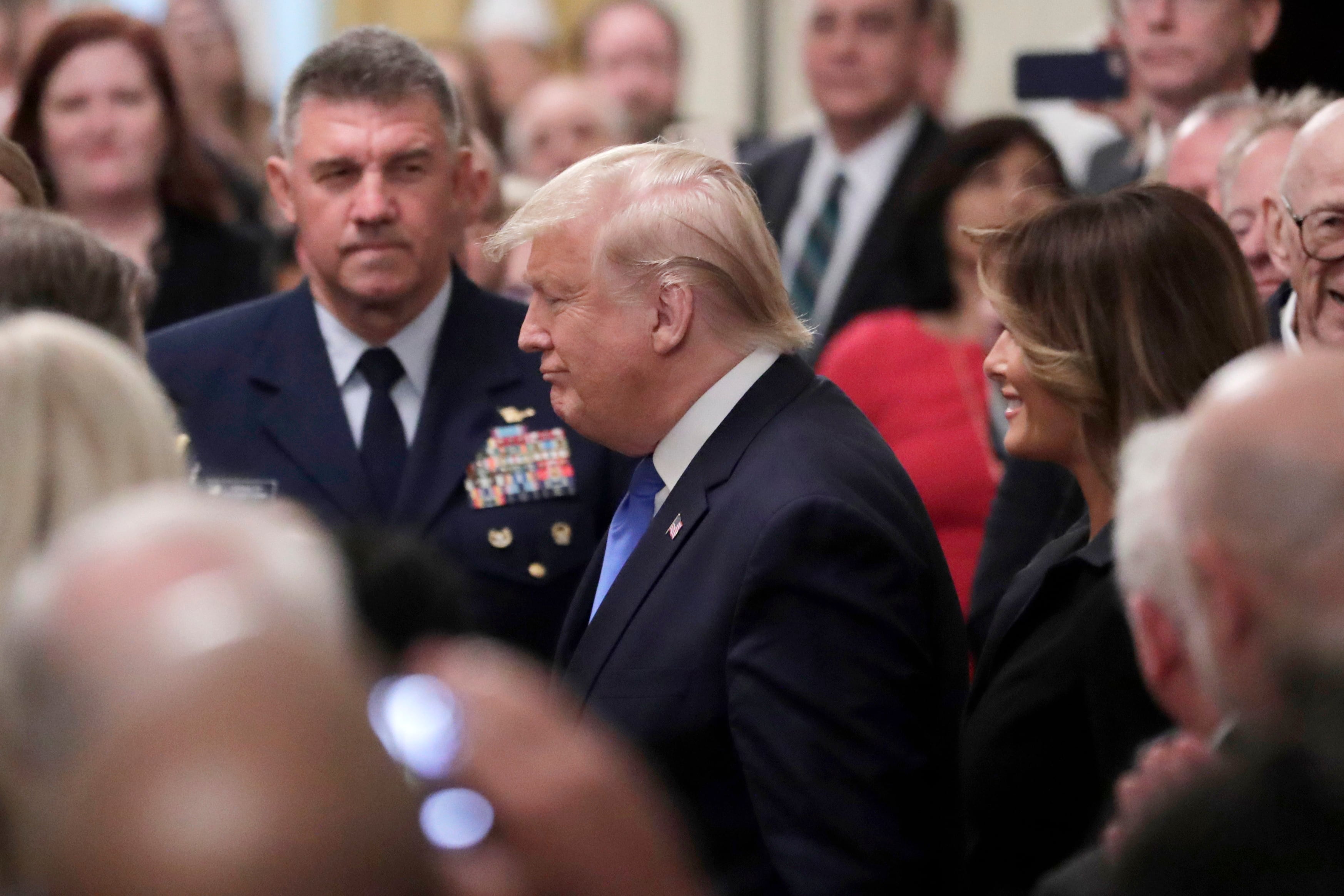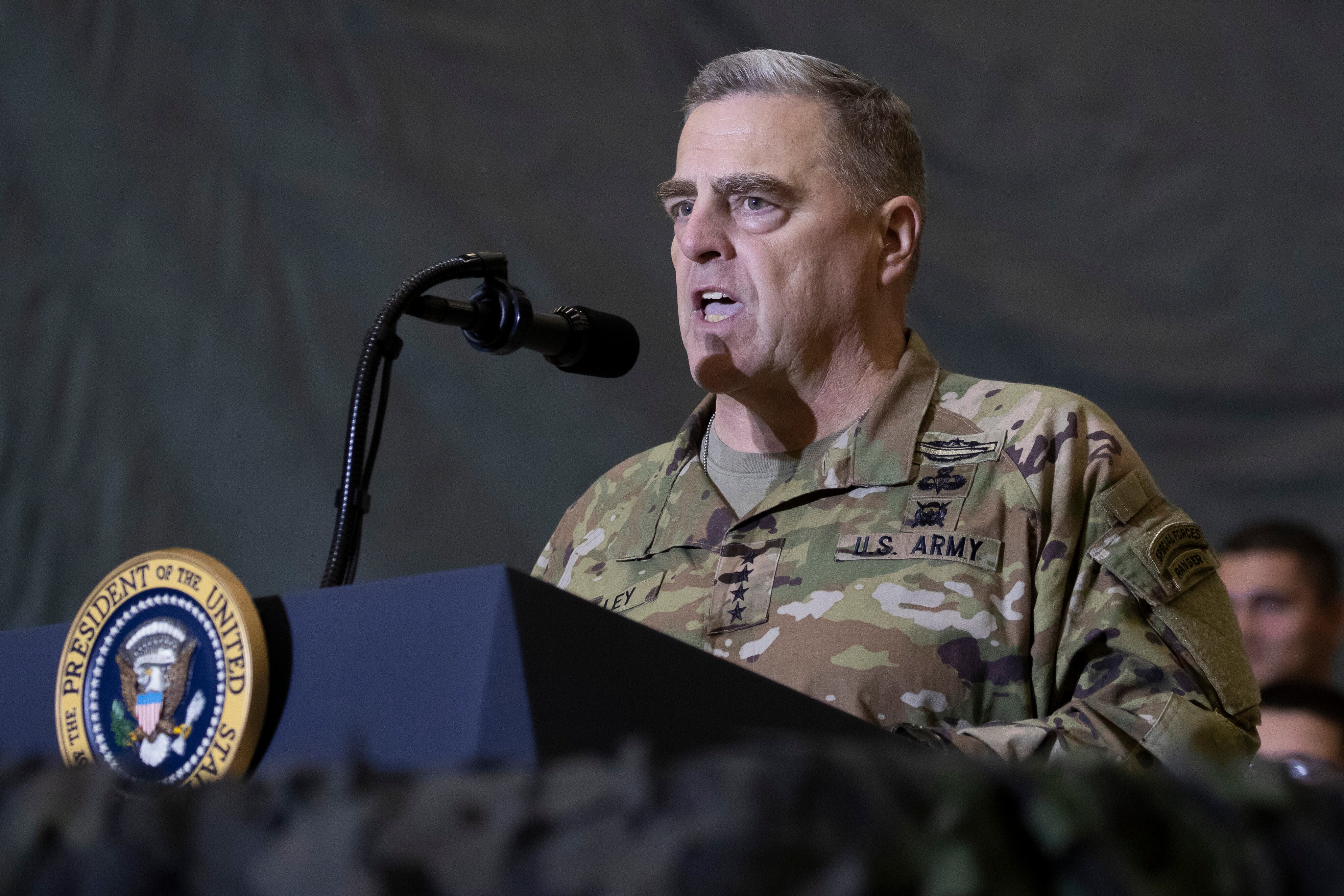Under pressure from lawmakers, the military’s top officer declined to defend President Donald Trump’s decision to grant clemency to three controversial service members last month but said he does not worry the moves will disrupt good order in the ranks.
“I think the Uniform Code of Military Justice and the means by which we maintain good order and discipline are a critical element in order to maintain some level of humanity in combat zones,” said Joint Chiefs Chairman Gen. Mark Milley during an appearance before the House Armed Services Committee on Wednesday.
“It’s critical … We do maintain and we will maintain good order and discipline.”
RELATED

The comments came following questioning from Rep. Seth Moulton, D-Mass. a Marine Corps veteran who served in Iraq, who said he heard from current service members dismayed by the moves.
The separate cases have all drawn attacks from Trump’s critics and praise from his supporters in recent weeks. The decisions were reportedly made over the objections of senior military officials who warned that forgiving war crimes could undermine the military justice system.
On Nov. 22, Trump announced that he was granting a pardon to Army 1st Lt. Clint Lorance, convicted of second degree murder in the death of two Afghans. He walked out of military prison the next day.
At the same time, the president also granted clemency to Chief Petty Officer Edward Gallagher, who earlier this fall was acquitted of a string of alleged war crimes but convicted of posing for a picture alongside the corpse of an insurgent. Trump also restored his rank over the objections of Navy officials.
And Trump also preemptively waived charges against Army Maj. Mathew Golsteyn, who faced trial next year on murder charges for actions in Afghanistan.
All three situations were championed by conservative media as cases of judicial overreach, and Trump said their previous military service merited a “second chance.” Both Lorance and Golsteyn appeared at a Trump re-election fundraiser earlier this month
Moulton said one Marine sergeant major texted him to say Trump’s actions were “basically setting a precedent that the rule of law in a combat zone doesn't apply and encourages folks to start burning villages and pillaging like Genghis Khan.”
RELATED

Milley said he sympathized with individuals upset by the moves.
“I understand where the sergeant major is coming from,” he said. “And I know the advice that was given, which I am not going to share here. But the president of the United States is part of the process, and he has the legal authorities to do what he did. And he weighed the conditions as he saw fit.”
Milley added that “we will not turn into a gang, raping and pillaging throughout, as sergeant major implies. That is not going to happen because of this or anything else.”
When asked later if Gallagher should be labeled a “war criminal,” Defense Secretary Mark Esper declined to directly answer.
“I’d have to review the crime he was charged with,” he said. “He was acquitted of the murder charge but convicted of holding up a corpse (for a photo). That would be a violation of the law of armed conflict as I understand it.”
RELATED

Both defense officials emphasized that the moves were within the White House’s authority. Milley acknowledged he could not cite similar recent cases where high-profile service members were pardoned for such criminal actions.
Rep. Michael Waltz, R-Fla., and an Army veteran who served in Afghanistan, criticized Democratic lawmakers for the questions on the clemency and their characterization of the three disgraced service members.
“We need to be very careful in equating bad judgement calls, calls that may get you relieved of command, with a war crime,” he said. “I too have received many outreach and texts since these pardons were announced, and the majority said ‘that could have been me.’
“In the heat of combat, making a mistake does not equate to a war crime.”
Leo covers Congress, Veterans Affairs and the White House for Military Times. He has covered Washington, D.C. since 2004, focusing on military personnel and veterans policies. His work has earned numerous honors, including a 2009 Polk award, a 2010 National Headliner Award, the IAVA Leadership in Journalism award and the VFW News Media award.





